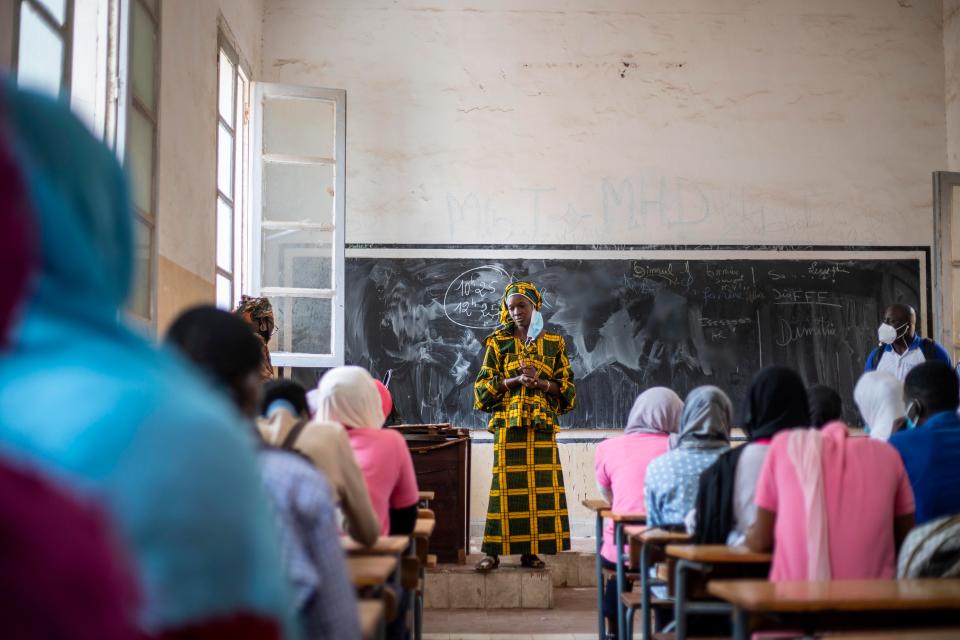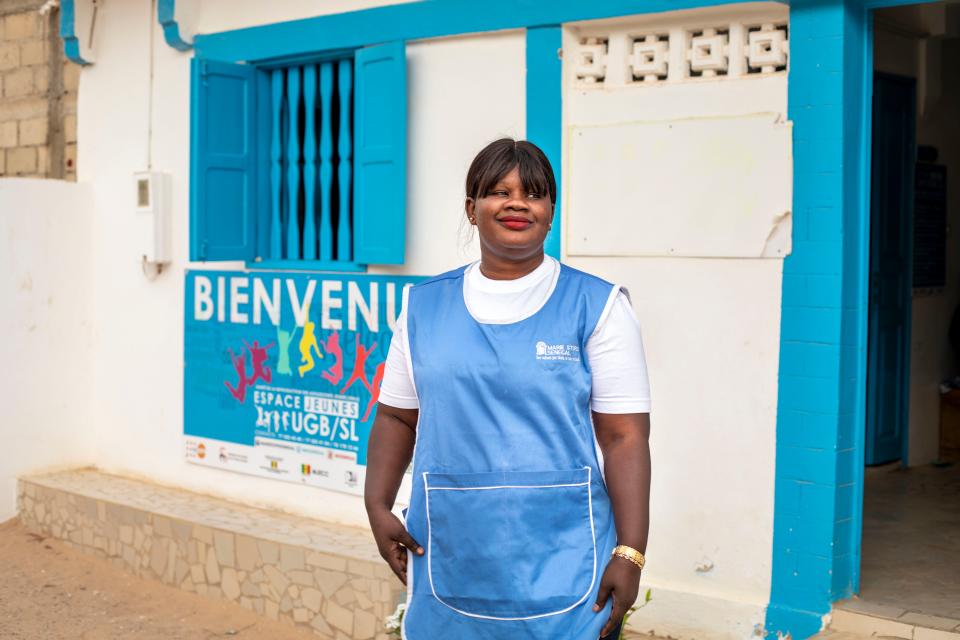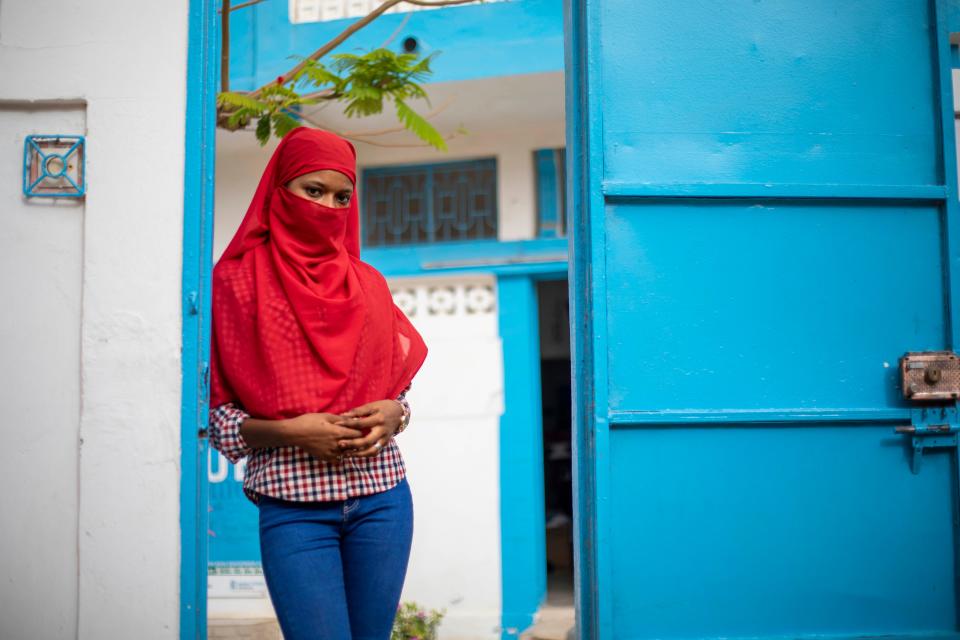How funding cuts to reproductive health programmes will undermine UK and G7 pledges on girls’ education

By slashing its funding to the United Nations Population Fund, the organisation’s reproductive health and rights arm, by 85 per cent, the British government is failing to address the elephant in the room: that globally, one-third of girls who drop out of school do so because of an unplanned pregnancy.
In sub-Saharan Africa alone, reproductive choice could keep up to 4 million more girls in school each year, according to estimates by MSI Reproductive Choices. While the UK is set to invest in girls’ education, it’s certain that the bold aims of the G7 summit this week and the Girls’ Education Summit next month will be undermined unless the government reverses the disastrous cuts to reproductive health programmes.
For a more equal and sustainable world, girls and young women need access to quality education and reproductive choice. Increasing adolescent access to reproductive choice could help millions more girls to stay in school every year, ultimately supporting them to determine the path their life takes.


Around the world, MSI Reproductive Choices is focused on improving access and information while reducing stigma for adolescents seeking reproductive care. In 2020, 11 per cent of the clients we saw were under the age of 20.
In Senegal, almost one in 10 girls experience pregnancy before the age of 19, with just 10 per cent of girls finishing school, according to data from Unicef. High levels of stigma persist towards those who want to access contraception, especially for young unmarried women.
To tip the scales in favour of self-determination for young women in Senegal, MSI Reproductive Choices is working with schools to deliver adolescent-friendly contraceptive services directly to young people – on their terms.


Safietou Seck is a trained midwife who’s been working with MSI since 2015. She explains the lack of sexual and reproductive information available to young people in her country and the consequences it can have on the futures of young women in Senegal.
“There are huge consequences if access to family planning is difficult … and too often we see young women abandon their studies as a result.” But by providing information and services to women, on their terms, change is possible.


Aisha (a pseudonym) is 19 years old and lives in a coastal town in Senegal. She first encountered MSI last year when they came to her school.
“It’s thanks to MSI that I’ve been able to finish my studies. I am now in my final class … I don’t know what my life would be like if MSI hadn’t been here.”
To find out more about MSI’s work, please click here
Read More
UK weather: The latest Met Office forecast
Who is Dr Jill Biden? Getting to know America’s First Lady

 Yahoo Finance
Yahoo Finance 